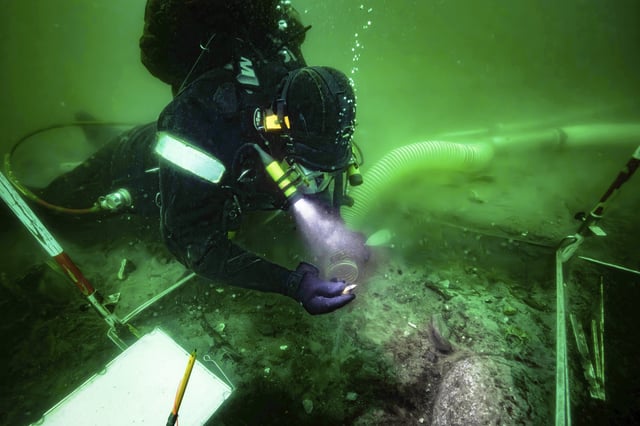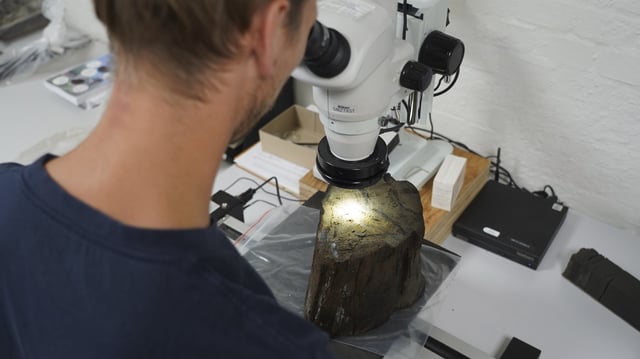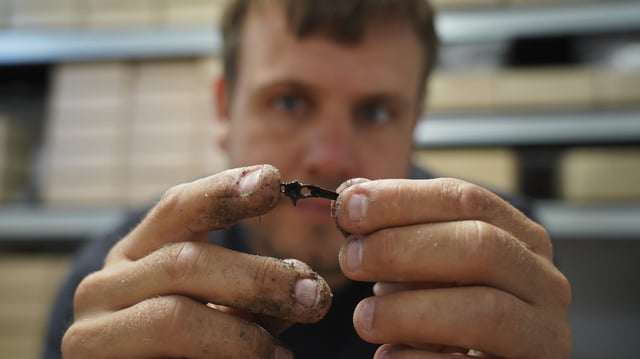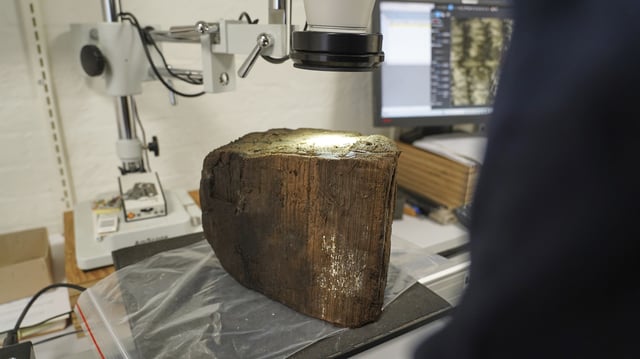Overview
- Archaeologists excavated about 40 square meters roughly 8 meters below the Bay of Aarhus, recovering animal bones, stone tools, arrowheads, a seal tooth and worked wood.
- Oxygen-poor seabed sediments kept organic material intact, which the team describes as a "time capsule."
- The work forms part of a €13.2 million, six-year project with partners in Aarhus, the University of Bradford and Germany's Lower Saxony Institute for Historical Coastal Research.
- Dendrochronology of submerged stumps will pin down when coastal forests drowned, informing reconstructions that suggest sea levels rose about 2 meters per century around 8,500 years ago.
- Further dives are planned off Germany and at two North Sea locations as analyses get underway to understand Mesolithic coastal lifeways and guide seabed management for offshore infrastructure.



